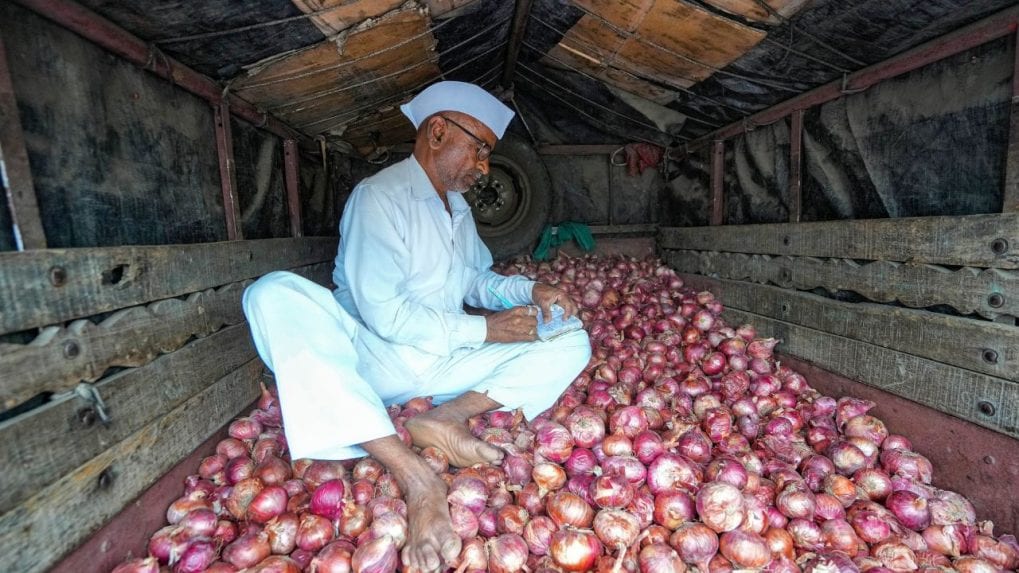




In a world where the prices of essential commodities are skyrocketing, coordination among ministries becomes crucial to control and stabilize these prices. The Planning Minister emphasizes the need for swift coordination among the commerce, industries, and food ministries to effectively control commodity prices. Delayed imports of onions resulted in no decrease in prices, highlighting the importance of quick decisions on imports in response to sudden price spikes. The minister also emphasizes the need to increase the stock of daily necessities, mechanize agriculture, sustain the supply of agricultural inputs, and provide financial support in agriculture. Legislation is needed to regulate the product market and address the issue of extortion during transportation of goods. Agriculture Minister Abdur Razzaque blames cold storage owners for the current cost spiral of potatoes and onions, stating that the government is failing to control prices because of their non-cooperation. The government has imposed a Minimum Export Price (MEP) of $800 per tonne on onions to discourage exports and maintain availability in the domestic market. The Department of Consumer Affairs is monitoring exports and prices daily to ensure stable domestic prices and availability. The government is also releasing buffer stock into the market through mandi sales and discounted sales to retail consumers. [f30242a7] [23cacfef] [05db871f]
Meanwhile, in Morocco, the article discusses the recent increase in prices of agri-food products, particularly meats. Despite sufficient supply and stable international input prices, the prices of red meat and white meat have risen compared to the previous year. The article attributes this increase to the actions of intermediaries who manipulate the market to inflate their profits. Urgent intervention from authorities is needed, including the reform of wholesale markets and the establishment of integrated regional agri-food platforms. The article highlights a pilot project in Casablanca-Settat as a potential solution. [7e10ef58]
The battle against rising commodity prices is a global challenge that requires coordinated efforts and reforms. Governments must work together to regulate markets, address issues of non-cooperation from stakeholders, and ensure the availability and stability of essential commodities. By implementing measures such as minimum export prices, monitoring exports and prices, and releasing buffer stocks, governments can mitigate the impact of price spikes. Additionally, reforms in wholesale markets, like the pilot project in Casablanca-Settat, can help combat market manipulation and create integrated platforms for the agri-food sector.
Arbitrage plays a significant role in agricultural commodity markets. It involves taking advantage of price discrepancies in different markets to make a profit. Traders can exploit these discrepancies by buying commodities at a lower price in one market and selling them at a higher price in another market. This helps to equalize prices across markets and ensure efficient allocation of resources. However, agricultural commodity arbitrage comes with its own set of risks and challenges. Transportation costs, market volatility, and regulatory barriers can impact the profitability of arbitrage strategies. Successful arbitrage requires careful analysis, risk management, and a deep understanding of market dynamics. Overall, arbitrage can contribute to price stability and market efficiency in agricultural commodity markets.
The common theme in these stories is the need for coordination, regulation, and reforms to control commodity prices and ensure food security for all.